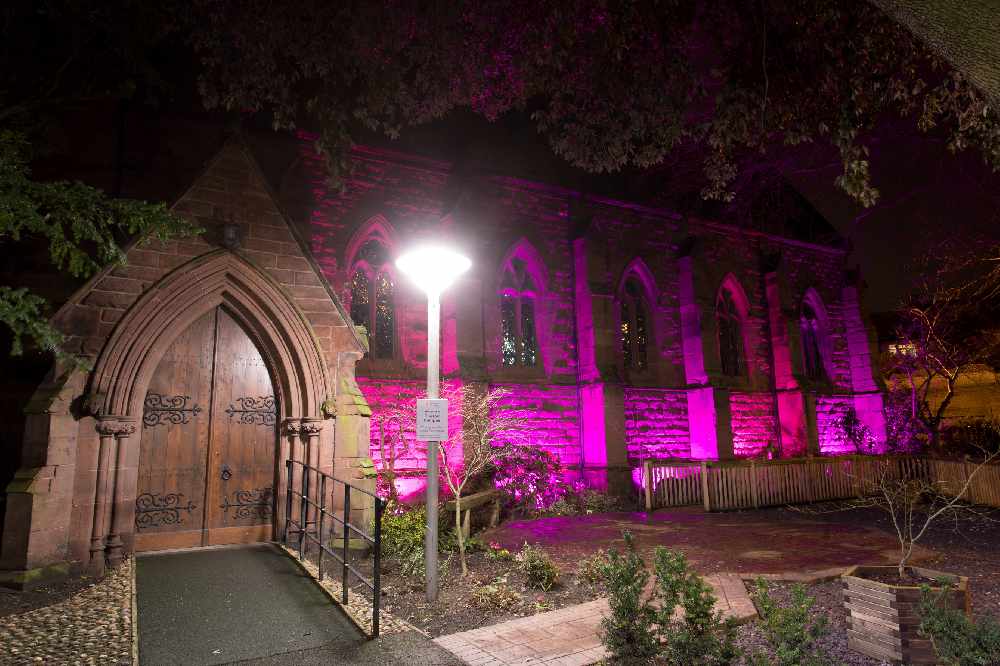
The University of Chester’s Chapel will light up in purple on Wednesday September 30th, to show the University’s support for people in, or seeking, recovery from addictions.
The whole of September is Recovery Month. The idea for this began in the US, and has been observed in the UK for more than a decade. It culminates in International Recovery Day on September 30.
The word ‘recovery’ refers to recovery from addictions. These may be addictions to alcohol, other drugs or behaviours that can be harmful if excessive. During Recovery Month, people in, or seeking, recovery remember, celebrate and advocate. They remember those who have lost their lives to addiction. They celebrate the achievements of those in or seeking recovery. They advocate for services and support for those in need, and they seek to draw attention to and address the social conditions in which addictions thrive. In previous years, marking this event has often involved walks through city centres, conferences, exhibitions, performances, jamborees in parks and religious services of thanksgiving. In 2020, much of this celebration has moved online.
The chapel will be lit up in purple, the international colour of recovery. Purple is worn by people in recovery, their friends, families and allies, during Recovery Month as a sign of identification with the recovery movement.
Dr Wendy Dossett is Associate Professor of Religious Studies at the University of Chester. She is also Director of Research for Chester Studies of Addiction, Recovery and Spirituality Group, and Principal Investigator of the Higher Power Project, which explores the language of religion and spirituality in recovery from substance use disorders and other addictions.
She said: “A recovery is much easier to build within a supportive community. Recovery Month is a time when communities of recovery work even harder to make themselves more visible, and recovery stories are widely told. The suffering caused by addiction is immense, and it is compounded by other adverse factors such as poor mental health, poverty, all forms of social injustice and exclusion. One of the most significant barriers to recovery is stigma. Naming and celebrating recovery helps to counteract stigma and to address the shame which prevents people seeking help.”
She added: “Long-term recovery is a great achievement which takes considerable effort and should be celebrated. And there is so much to celebrate. People in recovery not only reap benefits for themselves, but also for their families and wider society. People in long-term recovery have a higher quality of life than the general population and are more likely than the general population to volunteer in their communities.
“I’m absolutely delighted that the Chapel will be lit in purple for International Recovery Day. It’s an indication of the University’s awareness of this important element of the mental health agenda. It’s a powerful affirmation of staff and students who identify as being in recovery. Most importantly, though, it is a sign of support and solidarity with those seeking to address their issues.”
More information about Recovery Month celebrations can be found at:
https://internationalrecoveryday.org/
https://rm.facesandvoicesofrecovery.org/
http://www.facesandvoicesofrecoveryuk.org
The following organisations offer free support for addictions:
Alcoholics Anonymous (for problems with alcohol)
Narcotics Anonymous (for problems with all drugs)
Smart Recovery (for alcohol and other drug issues)
Al-Anon Family Groups (for family members and friends of people with substance issues)
Westminster Drug Project (local substance misuse services).

 Ten arrested for drugs offences following warrants in Chester
Ten arrested for drugs offences following warrants in Chester
 Ten arrested for drugs offences following warrants in Chester
Ten arrested for drugs offences following warrants in Chester
 Suspended prison sentence and indefinite ban for Cheshire man who abused his dog
Suspended prison sentence and indefinite ban for Cheshire man who abused his dog
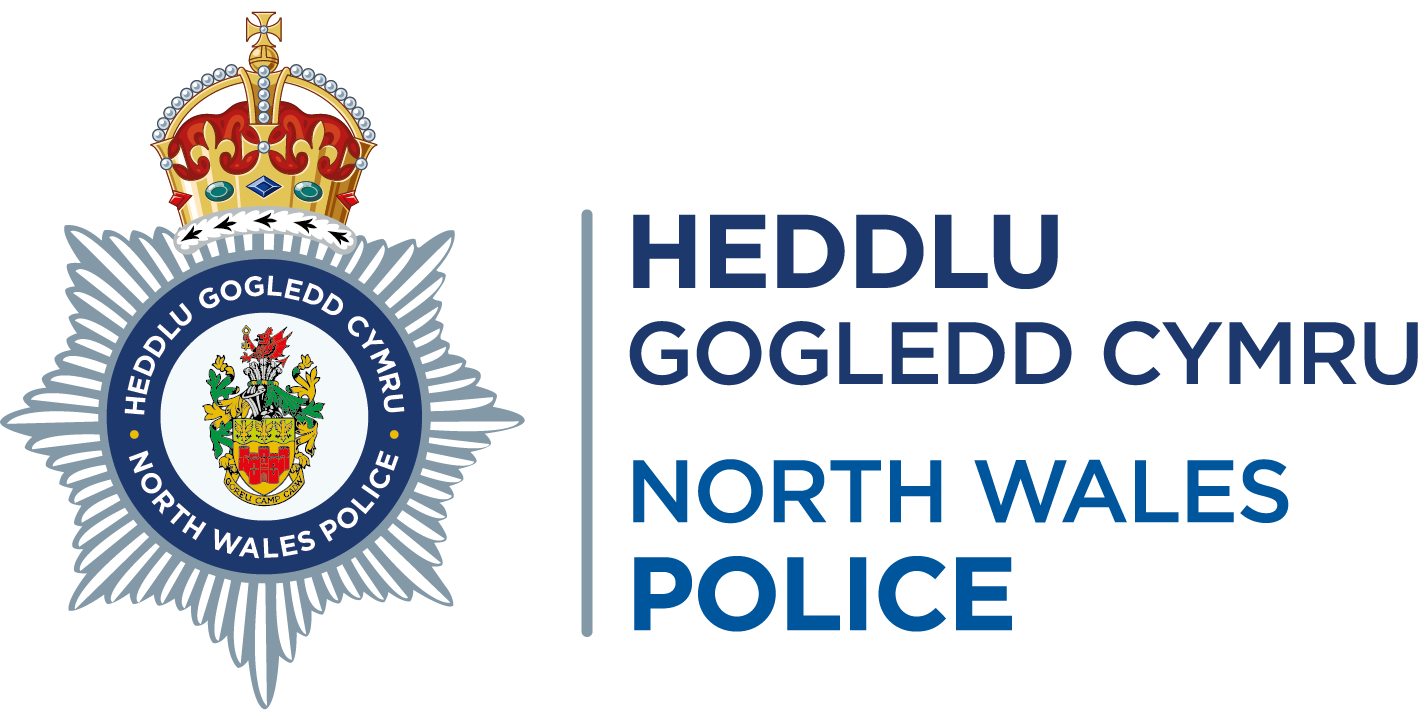 Recovered Stolen Items
Recovered Stolen Items
 Man charged in relation to courier fraud
Man charged in relation to courier fraud
 Police to target criminal use of Cheshire’s roads
Police to target criminal use of Cheshire’s roads
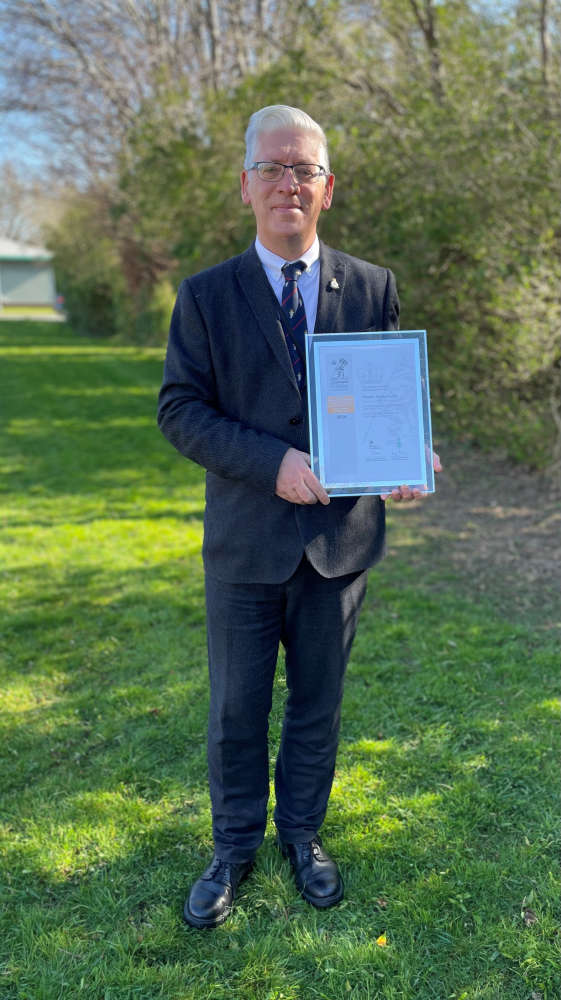 Council awarded Gold Armed Forces Award
Council awarded Gold Armed Forces Award
 Appeal for footage and witnesses following collision in Delamere
Appeal for footage and witnesses following collision in Delamere
 Appeal for information following serious collision in Chester
Appeal for information following serious collision in Chester
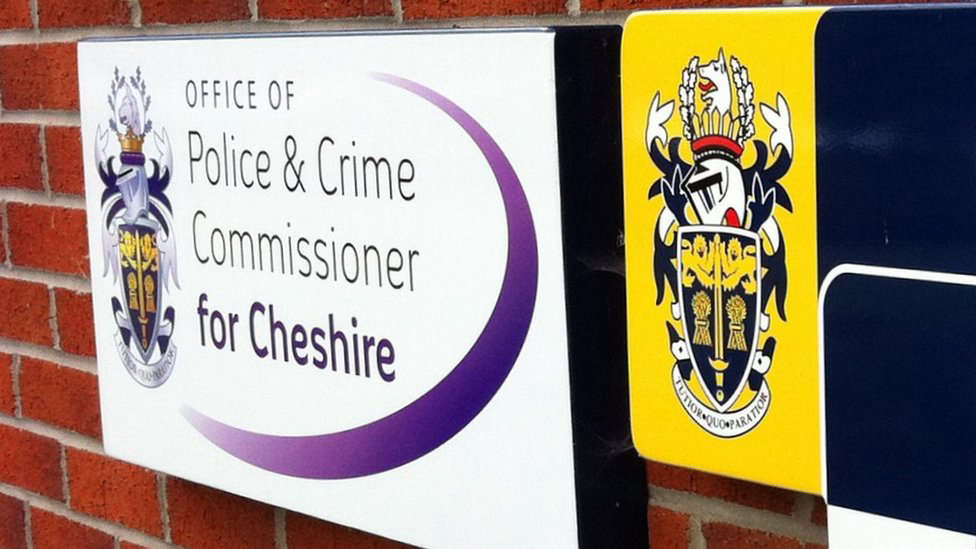 Your chance to get involved in police scrutiny meetings
Your chance to get involved in police scrutiny meetings
 New Events at Jodrell Bank
New Events at Jodrell Bank
 Inspiring Futures at The Queen’s School
Inspiring Futures at The Queen’s School
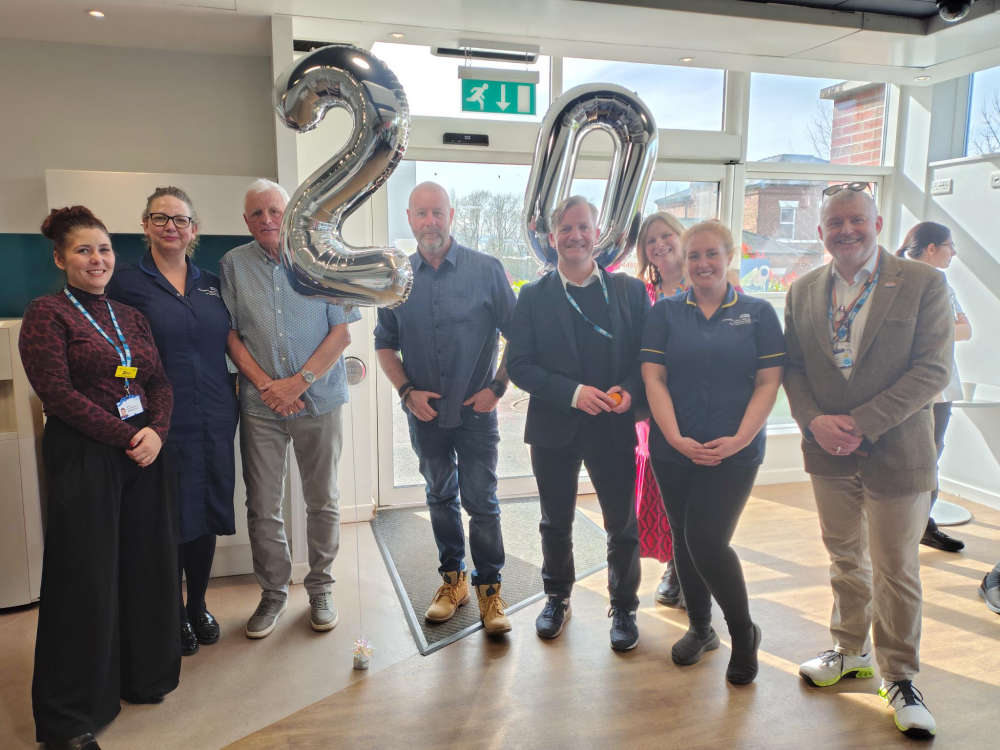 Bowmere Hospital celebrates 20 years of mental health care
Bowmere Hospital celebrates 20 years of mental health care
 Man charged with burglary and drug offences following Chester police stop check
Man charged with burglary and drug offences following Chester police stop check
 Vicars Cross Road closed following collision in Chester
Vicars Cross Road closed following collision in Chester
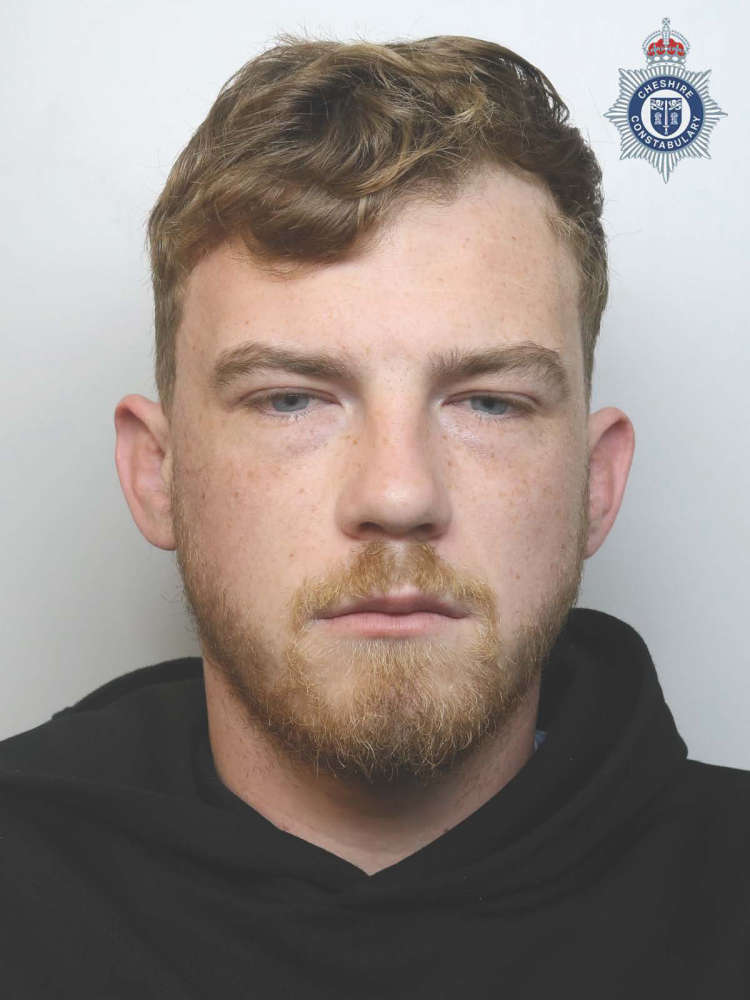 Man jailed for controlling and coercive behaviour and assault
Man jailed for controlling and coercive behaviour and assault
 Plan unveiled to transform and improve emergency care at Countess of Chester Hospital
Plan unveiled to transform and improve emergency care at Countess of Chester Hospital
 Chester & Wirral Football League - Weekend Round Up
Chester & Wirral Football League - Weekend Round Up
 Ladbrokes returns to Chester Racecourse
Ladbrokes returns to Chester Racecourse